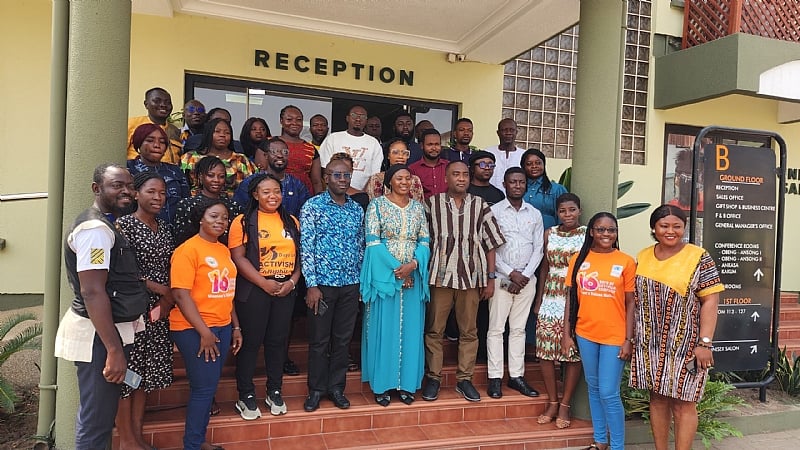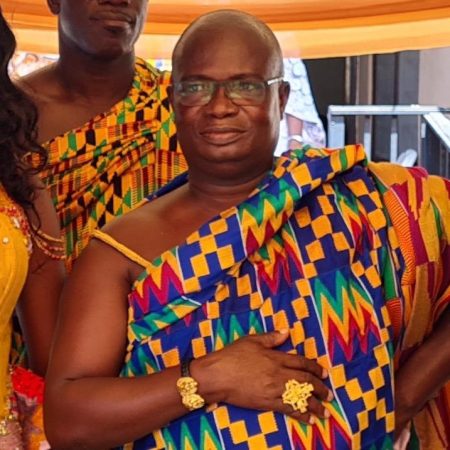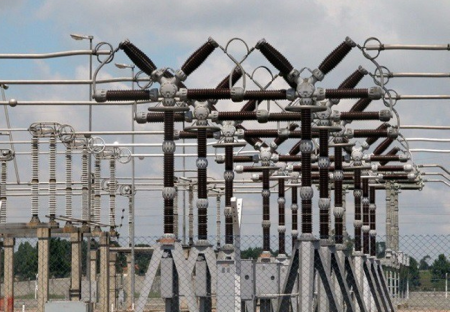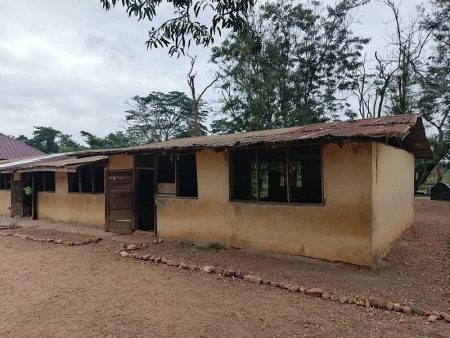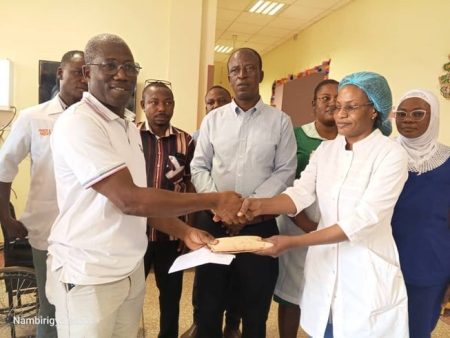Ghana has made commendable progress in curbing child marriage, witnessing a decline from approximately 40% in the 1980s to 19.3% in 2018. This signifies a substantial reduction, yet the fact remains that one in five Ghanaian girls still experiences marriage or enters into informal unions before reaching the legal age of 18. Globally, the issue persists, with UNICEF estimating that 12 million girls are married before their 18th birthday annually. While Ghana’s efforts are noteworthy, the fight is far from over, and achieving the goal of eradicating child marriage by 2030 demands sustained, multifaceted interventions. This necessitates a collective approach involving government agencies, civil society organizations, religious leaders, community members, and the media to ensure the protection of young girls’ rights and futures.
The media plays a pivotal role in raising awareness, educating the public, and advocating for policy changes that address the root causes of child marriage. Hajia Saphia Tamimu, Head of the Child Marriage Unit at the Ministry of Gender, Children and Social Protection, has underscored the media’s importance in disseminating information and shaping public discourse. Resources such as the National Child Marriage Information Portal, launched in 2021, provide journalists and the public with valuable data, research, and information on support services, equipping them to effectively combat this harmful practice. By utilizing these resources, the media can empower communities to challenge traditional norms and protect vulnerable girls.
A key driver of child marriage is adolescent pregnancy, with 15.3% of Ghanaian girls aged 15 to 19 having given birth or currently pregnant. This underscores the interconnectedness of various social issues and the need for comprehensive strategies that address both child marriage and adolescent pregnancy. Combating these intertwined challenges requires empowering girls through education, access to sexual and reproductive health services, and economic opportunities. Furthermore, it requires challenging societal norms that perpetuate the practice of child marriage and holding perpetrators accountable.
Senanu Agbozo, a consultant on early child marriage for the Ministry of Gender and UNFPA, has emphasized the global pervasiveness of child marriage, labeling it a “menace.” Education, he asserts, is paramount in dismantling the structures that allow this practice to flourish. Agbozo particularly highlighted the need to engage religious communities, as they often play a significant role in shaping social norms and practices. By partnering with religious leaders and educating communities about the detrimental effects of child marriage, it is possible to foster a supportive environment for girls and promote their well-being.
The Ministry of Gender has identified the northern region of Ghana as a hotspot for child marriage and is intensifying efforts to educate communities and religious leaders in the area. This targeted approach recognizes the geographical disparities in the prevalence of child marriage and the need for tailored interventions to effectively address local contexts and cultural nuances. By working closely with community leaders and members, the Ministry aims to create sustainable change from within. The Ministry’s toll-free hotline, 0800 111 222, serves as a crucial reporting mechanism, encouraging public participation in protecting vulnerable girls.
Ultimately, eradicating child marriage requires a concerted effort from all segments of society. The government, through the Ministry of Gender, Children and Social Protection, has taken significant steps to combat the practice, but its success hinges on the collaboration of various stakeholders. The media’s role in raising awareness and educating the public is crucial. Engaging religious leaders and communities, especially in high-prevalence areas, is essential for shifting societal norms. Empowering girls through education and economic opportunities is paramount. By working together, Ghana can protect its young girls and ensure a brighter future for all. The fight against child marriage is not solely a government responsibility; it is a collective responsibility that demands the participation of every individual and organization committed to safeguarding the rights and well-being of children.




